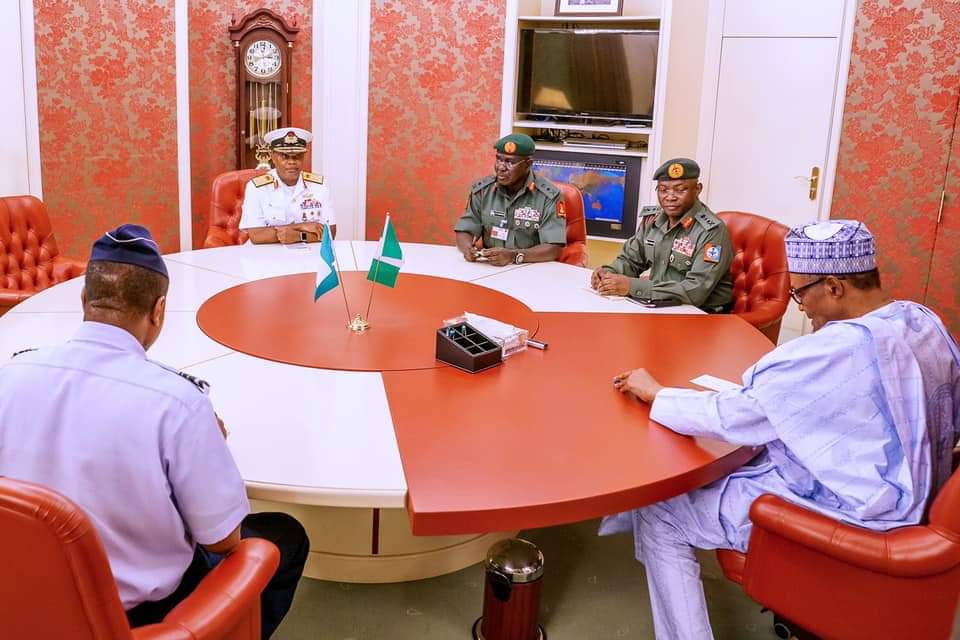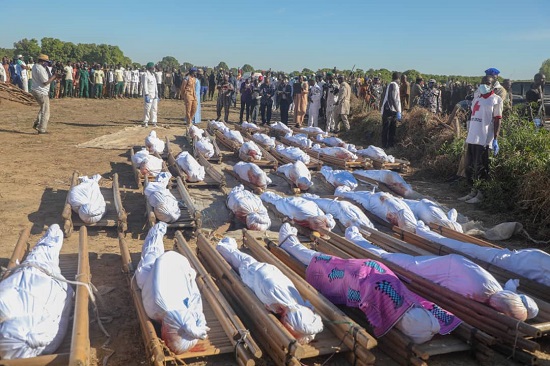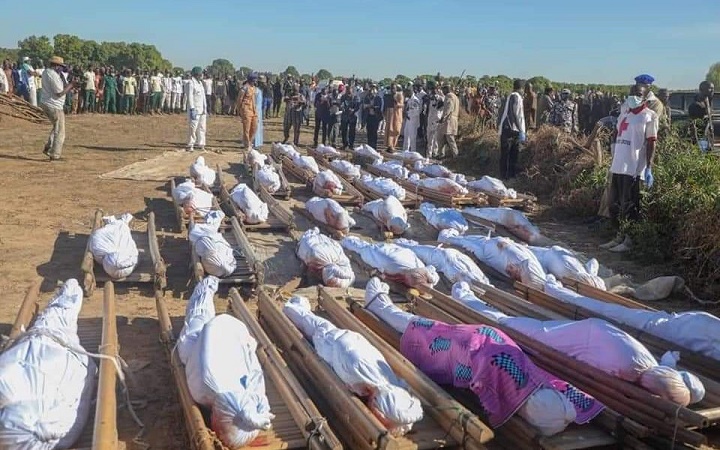First of all we have to understand clearly that we cannot have a major national project like the restructuring without imbuing it with a vision of how we want it to be. The vision of what a restructured Nigeria will be should start by taking into consideration our historical trajectory, our contemporary situation and position in our world today and where and what we hope our country will be in the future.
Here some comparative examples might be a pointer.
The United States of America started out as a country of thirteen states. The founding fathers of America even at that infant stages of the republic, envisaged a country that will eventually be larger than the thirteen states expanding and taking in peoples from all over the globe. So they drafted and ratified a constitution whose provisions would endure and suffice for succeeding generations.
China is what it is today first from the vision of Mao Tse-Tung in the 1940s and reinforced by the reforms of Deng Xiaoping afterwards.
Advertisement
Although Britain does not have a written constitution, its governance and political structure and behaviour can be traced back to the Magna Carta in 1215 which formed the basis for the evolution of the country’s political development down the years to date
The foundations of the present French political structure was laid way back in 1789 with the ringing proclamations of the rights of man
Singapore, Malaysia and the emerging states of South East Asia could not have been what they are today without vision and a commitment to live and entrench the vision through succeeding generations.
Advertisement
Our past restructuring exercises have been singularly marked by lack of original vision and the necessary rigour which should serve as basis for an enduring political culture and structure. Little wonder we keep running around in circles.
We have largely transplanted almost wholesome the visions of other countries without as much as adapting and blending them with our own reality to suit our circumstances. Without the benefit of a rigorous understanding of our circumstances and applying thus to our restructuring efforts we end up implementing and in the process reinforcing the very mistakes that led us into embarking on the restructuring in the first place.
In this regard we are faced with the dilemma of how and who will implement the restructuring that we all believe is necessary.
Our constitution spells out how it can be done and it rests this responsibility primarily on the National Assembly. The Executive can also initiate the process through an executive bill presented to the National Assembly. But because the constitution itself is almost a wholesale transplantation of another constitution from another country it has little or no resonance on the people saddled with this responsibility and to Nigerian at large. It is also a fact that the political class in Nigeria with the exception in 1963 when the Midwest region was created have never really implemented any restructuring process in the country. The various restructurings that have undertaken in this country have either been done by colonial or military fiat. Because the political class are themselves products of the divide and rule strategies of both the colonial and military rule in this country and also because their political orientation tends towards exclusion rather than inclusion, they can always be relied upon to make a hash of the restructuring this country desperately needs. They will certainly not only bungle it, but more ominously they will very likely seek to break up the country in the process all in their well-known proclivity to outdo one another. There is nothing in our political history to suggest that our political class can be trusted to undertake the sort of restructuring this country desperately needs, lacking as they are, in original vision, political rigour and the drive for it. By their thinking and orientation, restructuring is a tool to in their enduring mutually exclusive political competition to carve out political spheres of interests at the expense of national cohesion. We should not forget in a hurry that it is this enduring political fight among the Nigerian political elite that brought this country to grief on a number of occasions in our political history. As it is there is nothing to suggest that our political elite have learnt from their past political misdeeds to jettison the dangerous politics of exclusion and focus on the more rewarding politics of inclusion the country needs now and into the future.
Advertisement
Under these circumstances how then can we hope to do restructuring and more importantly get it right?
We must be realistic to accept from our experience that the sort of democracy we practise is not only unaffordable in terms of the resources we commit to it in relation to the dividends we get, but it is more importantly inefficient as far as critical decision making on issues of national import are concerned. From our history too critical national decisions like state creation, governance structure, constitutional reforms, and security and so on, were undertaken by political fiat either by the authority of the colonial power or military rulers sometimes with or without the consent or participation of the political elite.
For a country like Nigeria with its various contradictions and facing the challenges of development and restructuring, the realistic recommendation will be for us to take South East Asian model of leadership. We need a leader whether popularly elected or not but selfless and enlightened and visionary enough about development issues to push the restructuring not in the mould that is being opportunistically canvassed currently but as a national reorientation and development project. Such a leader should be in the mould of Lee Kwan Yew, Kemal Ataturk and other nation builders in history. He should undertake to create a new political cadre and enforce an order of political and social discipline among the political elite; design and drive an inclusive and integrative economic paradigm linking up the productive capacities in the entire country.
As a country we are currently hurtling towards the precipice in a drunken mode. We are on the verge of exhausting our dangerous romance with uncertainty. It is getting late to pull out of this path of self-destruction. If restructuring is the only panacea left to save us from ourselves, then certainly it cannot be left in the hands of our political elite alone. They need to be guided by the firm hands of a national leader either from among their ranks or from without. (Concluded)
Advertisement
08035355706 (sms only)
Advertisement
Views expressed by contributors are strictly personal and not of TheCable.
Add a comment







